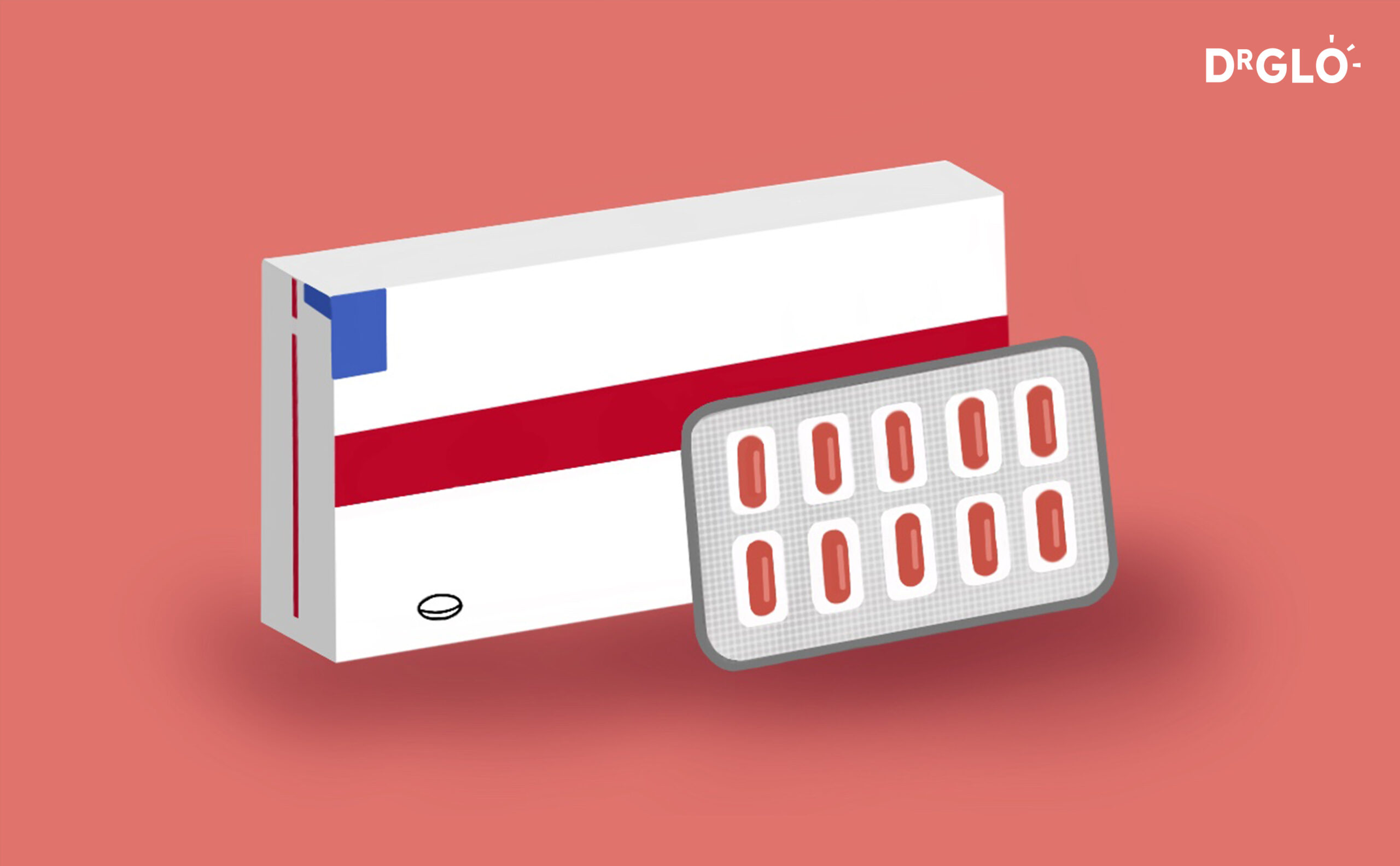
What is Isotretinoin (Accutane)?
Isotretinoin is a medication containing vitamin A that is used to treat severe acne at risk of scarring or stubborn acne that has not improved after other treatment methods.
It works by
- Reducing oil production
- Preventing clogged pores
- Lowering skin inflammation
- Preventing overgrowth of a bacteria (C. acnes) causing acne
Quick Facts
- Isotretinoin is the generic name and many different companies make this medication under different brand names. Some popular brand names include Roaccutane and Oratane.
- Isotretinoin is a medication that can only be prescribed by a dermatologist.
- Early referral to a dermatologist is recommended for patients with moderate to severe acne at risk of scarring.
- Isotretinoin is taken orally in capsule form once daily over a period of 6-18 months.
- Isotretinoin is a powerful medication. Whilst it is extremely effective in treating acne, there are potential side effects and patients are required to make regular visits to the dermatologists. Also, regular blood tests during treatment are required to ensure safety.
Administering Isotretinoin
- Isotretinoin should be taken with fatty food or milk.
- Isotretinoin should be taken daily.
Common Side Effects
Dryness of skin, lips, nose and eyes
- During isotretinoin treatment, dryness is a common problem. It is recommended to use moisturizers and lip balms frequently. Lubricating preservative free eye drops should be used if the eyes are dry. Vaseline (petroleum jelly) should be used for the nasal passage if dry.

PRO TIPS
For daily guidance on managing acne, explore our comprehensive guide titled “Facial Acne Skin Care Routine Recommendations“.
Increased sensitivity to sunlight
- Taking isotretinoin will increase the skin’s susceptibility to sunburns particularly at higher doses. It is essential to always apply sunscreen, wear protective clothing and to seek shade whenever possible whilst outdoors.

PRO TIPS
For all you need to know about sun safety, access our article on “Sun Protective Measures“.
Skin fragility
- Due to increased skin fragility, please avoid waxing, tattoos and body piercings while on treatment.
Other Possible Side Effects
Changes in liver function
- The liver may become inflamed due to isotretinoin and this would result in abnormal readings for the liver function tests. It is important to monitor the liver function with regular bloods during the treatment period.
Changes in fats (triglycerides) in bloods
- Isotretinoin may raise the fat (triglycerides) levels in the blood. Abnormally high levels of fat may cause acute pancreatitis. It is important to monitor fat levels in blood regularly during the treatment period.
Mood changes
- This is controversial but it has been reported that some patients taking isotretinoin may experience feelings of sadness or depression whilst on isotretinoin. If you notice symptoms of depression or having thoughts/attempts at self-harm, please stop the medication immediately and contact your dermatologist.
Changes in vision
- Very rarely, isotretinoin may cause visual changes particularly with reduced night vision. Special rules are in place for individuals taking isotretinoin who are in the army or planning to be pilots as there are guidelines that must be followed. Please discuss with your dermatologist if you have plans to drive or operate heavy machinery.
Muscle and joint aches
- Increased muscle and joint aches have been reported by some especially after exercising but it should not be severe enough to stop you from working out.
Temporary hair thinning
- Temporary hair thinning may occur.
Severe headaches, nausea, vomiting and blurred vision
- This is an exceedingly rare side effect where there is a build-up of pressure in the brain (<1 in 10,000) which causes severe headache, nausea and blurred vision. If you experience this, stop isotretinoin immediately and contact your dermatologist.

PRECAUTIONS
1. Pregnancy Precautions
- Isotretinoin is known to cause severe birth defects, miscarriage and stillbirth if taken during pregnancy. It is essential for women of childbearing age who are sexually active and have the potential to fall pregnant to be on a reliable form of contraception. Two reliable forms of contraception should be used at the same time and pregnancy tests are required before starting and during treatment.
- Please note that isotretinoin does not affect your fertility or future pregnancies for female patients. One month after completing isotretinoin (after one menstrual cycle), you may fall pregnant with no additional risk to your unborn baby.
- Most dermatologists would recommend discussing your contraception options with your family doctor prior to starting isotretinoin.
2. Alcohol Precautions
- Please drink in moderation whilst on isotretinoin as alcohol can contribute to liver inflammation.
3. Medication Interactions
- Please let your dermatologist know if you are taking any other medications (both prescription or over-the-counter . Some medications may interact with isotretinoin so it would be important to check for potential drug interactions.
- Please avoid taking isotretinoin if you are taking medications like tetracycline antibiotics (Minocycline and Doxycycline), Methotrexate, Vitamin A supplements (multivitamins containing vitamin A)
Disclaimer: Please be aware that there could be additional side effects that have not been listed above. If you develop any side effects or if you have any concerns, please contact your doctor for further guidance.

USEFUL RESOURCES
American Academy of Dermatology Association – Isotretinoin: Overview
American Academy of Dermatology Association – Isotretinoin: the Truth About Side Effects
British Association of Dermatologist – Isotretinoin Info Sheet
NHS – Isotretinoin Information
DermNet – Isotretinoin
 Common Skin Conditions
Common Skin Conditions Paediatric Conditions
Paediatric Conditions Skin Cancer
Skin Cancer Infectious Skin Conditions
Infectious Skin Conditions Other Skin Conditions
Other Skin Conditions Treatment & Management
Treatment & Management Prevention & Skincare
Prevention & Skincare


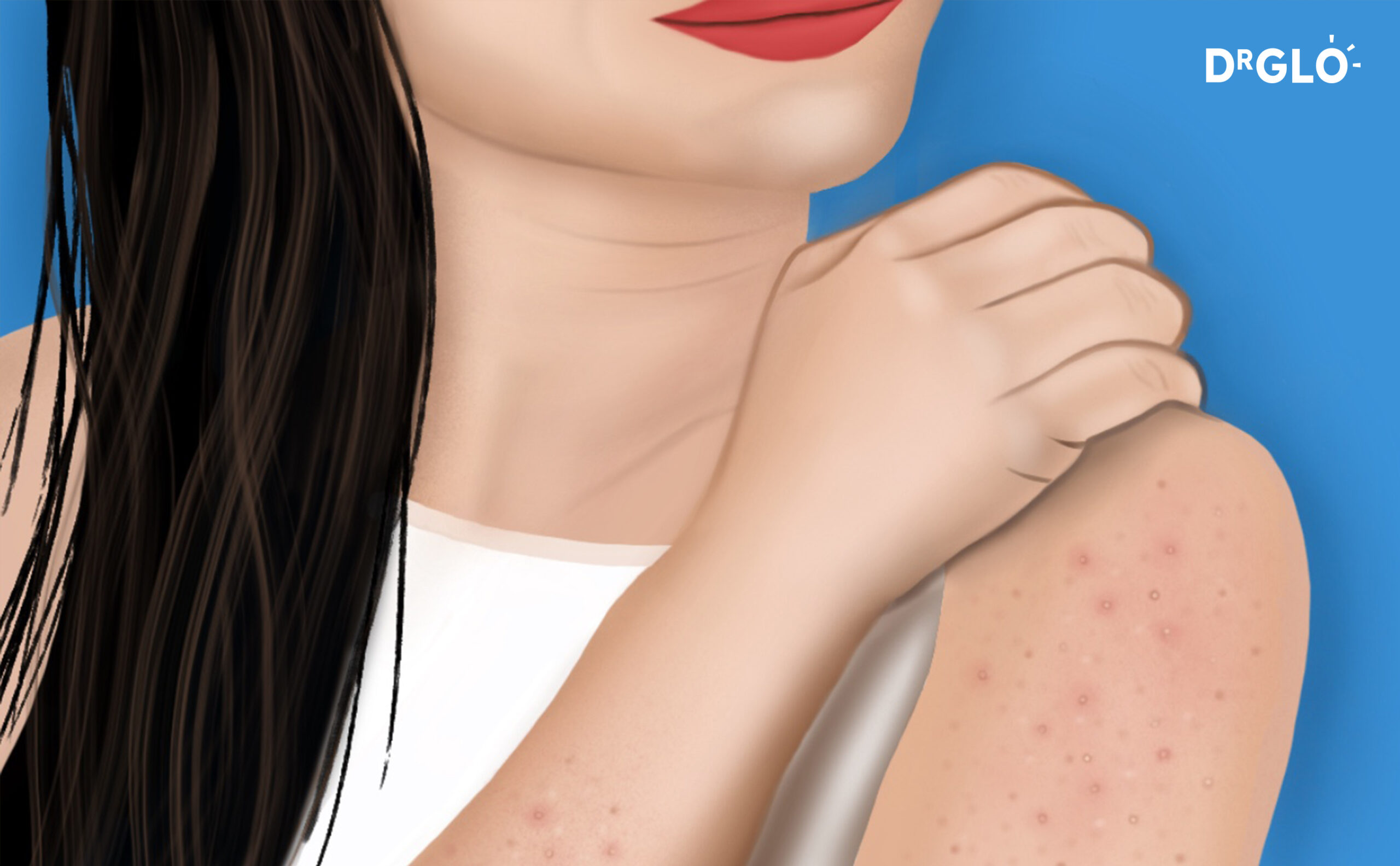
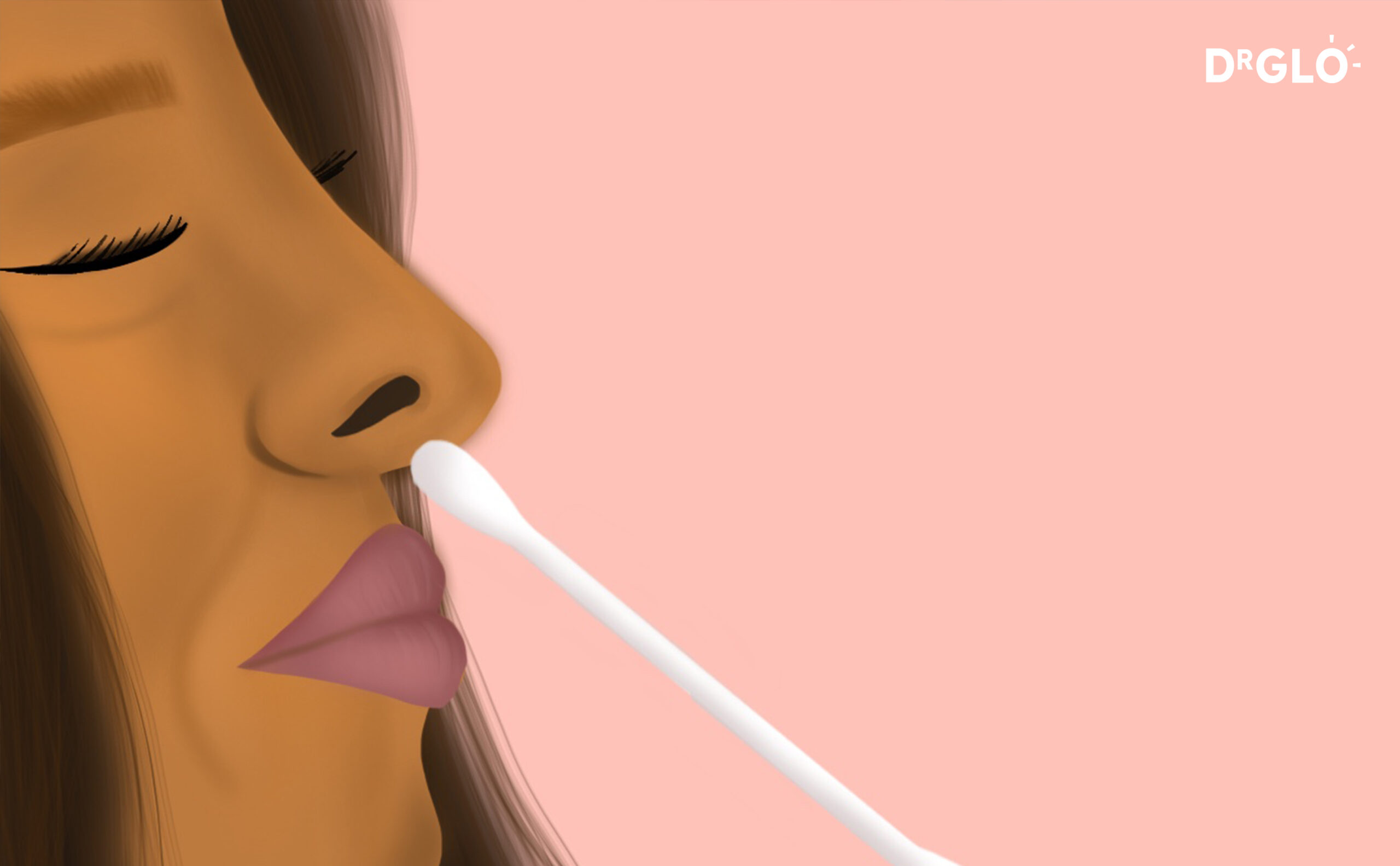
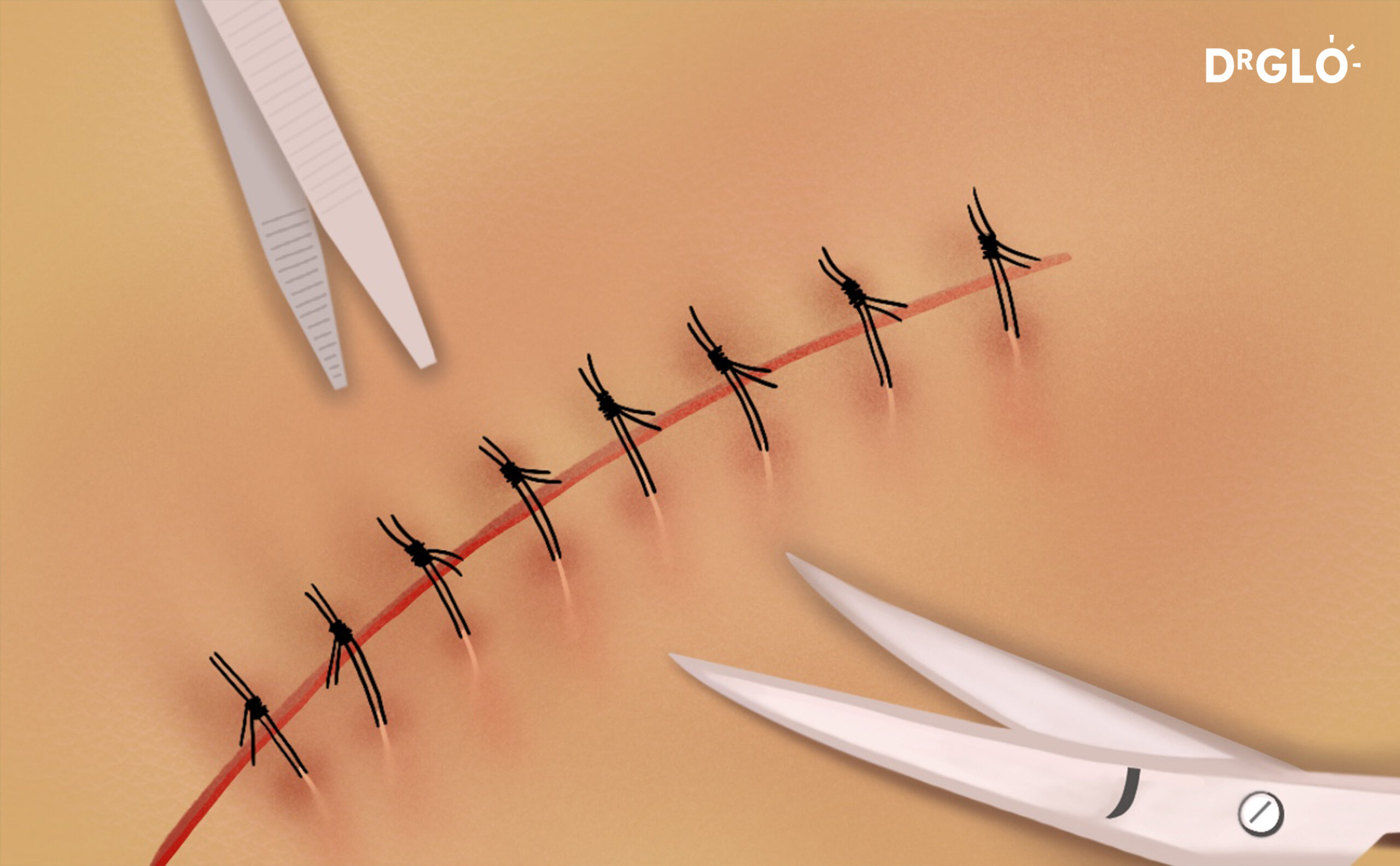
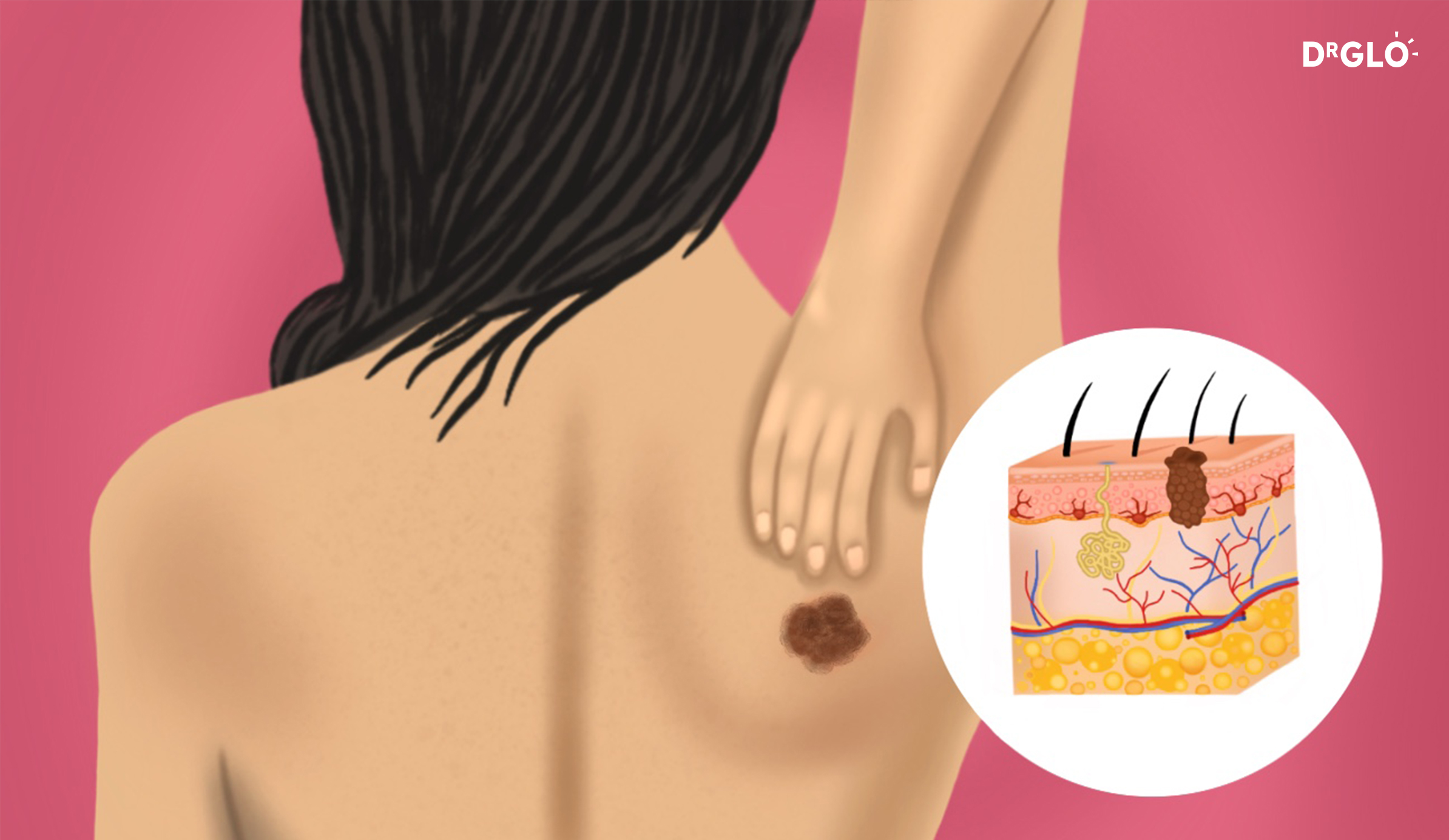
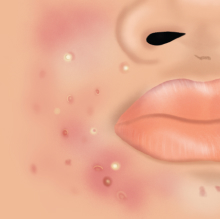
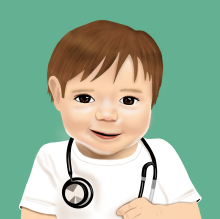
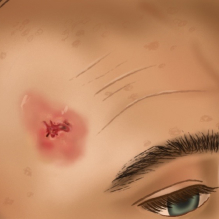

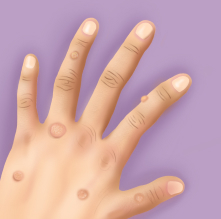

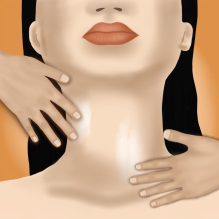
Popular Articles